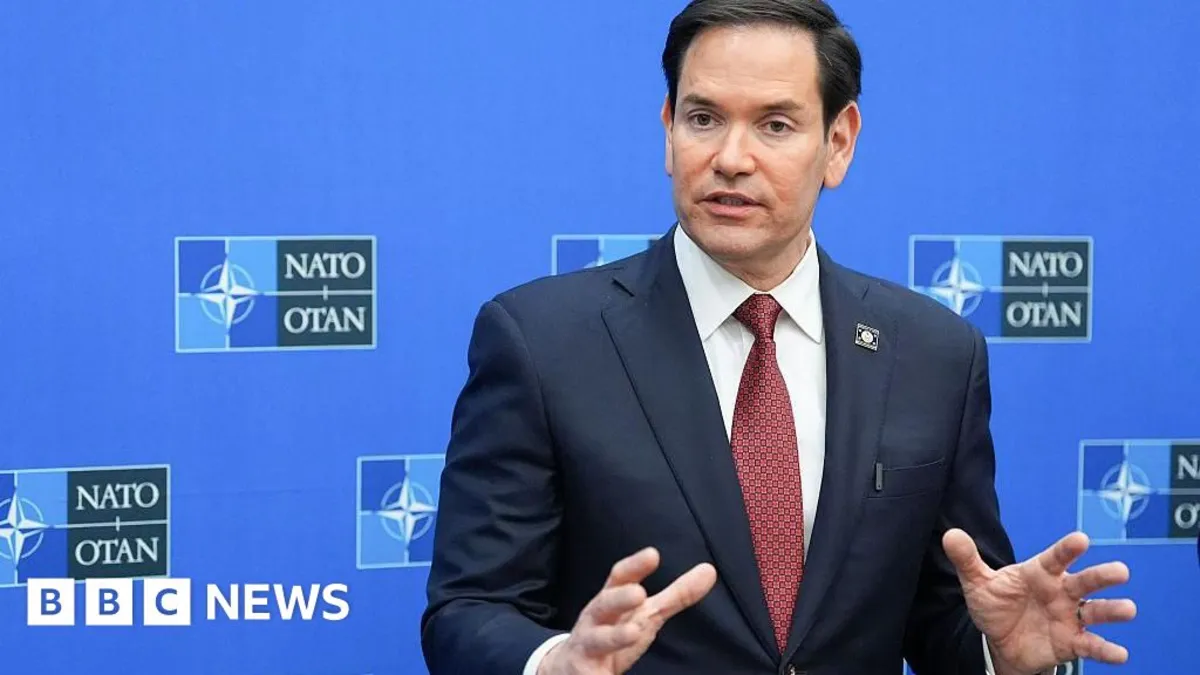
In a significant diplomatic move, US Secretary of State Marco Rubio has declared that the United States is immediately revoking visas for all holders of South Sudanese passports. This decision stems from South Sudan's refusal to accept its citizens who have been deported from the United States. In a statement released on Saturday, Rubio emphasized that the US will also prevent any South Sudanese citizens from entering the country at its ports of entry.
Rubio attributed this action to the failure of South Sudan's transitional government to promptly accept the return of its citizens who are being repatriated from the US. He stated, “It is time for the Transitional Government of South Sudan to stop taking advantage of the United States.” This statement underlines the expectation that every country must facilitate the return of its nationals when another nation, including the United States, seeks to deport them.
This announcement comes amid escalating concerns regarding the stability of South Sudan, which has been plagued by the threat of renewed civil conflict. On March 8, the US government ordered all non-emergency personnel to evacuate from South Sudan due to escalating regional violence that threatens the fragile peace established by a 2018 agreement. This situation raises alarms about the possibility of another civil war breaking out in the nation.
Previously, South Sudanese nationals in the United States were granted Temporary Protected Status (TPS), allowing them to remain in the country for a designated period. However, this status is set to expire on May 3, placing South Sudanese individuals at risk of deportation as the political situation in their home country deteriorates.
South Sudan, recognized as the world's newest nation, achieved independence in 2011 after separating from Sudan. Unfortunately, just two years later, a power struggle between President Salva Kiir and Vice-President Riek Machar ignited a brutal civil war, resulting in the deaths of over 400,000 people. Although a 2018 power-sharing agreement aimed to halt the conflict, key components of the deal remain unfulfilled, including the establishment of a new constitution, scheduling elections, and the integration of armed factions into a unified military force.
Since taking office, the Trump administration has faced challenges in its interactions with international governments concerning the deportation of nationals from the US. For instance, Colombian President Gustavo Petro recently barred two US military flights carrying deported migrants from landing in Colombia. The situation was resolved only after President Trump threatened to impose severe tariffs and sanctions on Colombia, highlighting the complexities involved in international deportation issues.
This ongoing situation underscores the delicate balance between immigration policy and international relations, particularly as the United States navigates the challenges posed by countries like South Sudan.